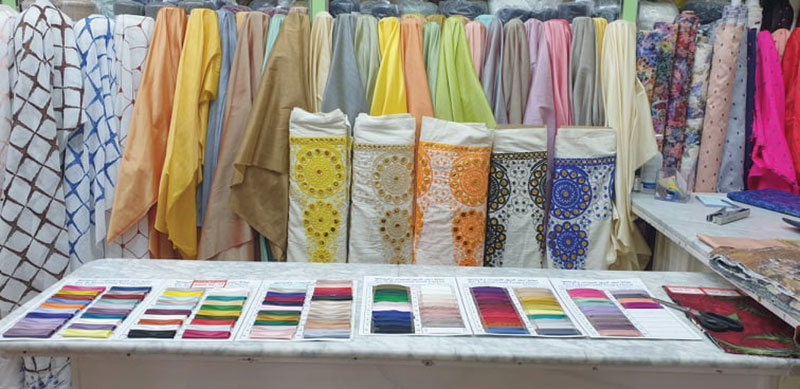By Ben Garcia
Shakeel Ahmed Malik, a Pakistani national, owns 18 textile shops in Kuwait. Before the coronavirus pandemic, he ran 22 textile shops, besides a host of other businesses. Malik shared his story with Kuwait Times on how he became a textile entrepreneur and the challenges he faced during the trying times of the pandemic.
Malik joined his brother in Kuwait in search of greener pastures in 1994. He started as a helper at the woodworking business owned by his brother. After four years, he got exhausted and decided to open a pool parlor. At that time, before the advent of the Internet and mobile phones and gadgets, billiards was a popular pastime for many young Kuwaitis and residents and a lucrative business opportunity. His brother lent him KD 13,000 to open the parlor, and there was no looking back. From one snooker hall, he opened 13 similar halls all over Kuwait. After competition heated up, he changed his line of business. “I had saved enough to start an even bigger business,” Malik recalled.
Malik wanted to open a gold shop, but his heart was telling him to do something else. “I then met an Iranian looking for a business partner in 2004. This guy was an expert in the textile business, but I did not know anything about it. I was hesitant at first and consulted some people. When I learned there was a high demand for textiles, I immediately jumped into it,” he said. He initially invested KD 6,000.
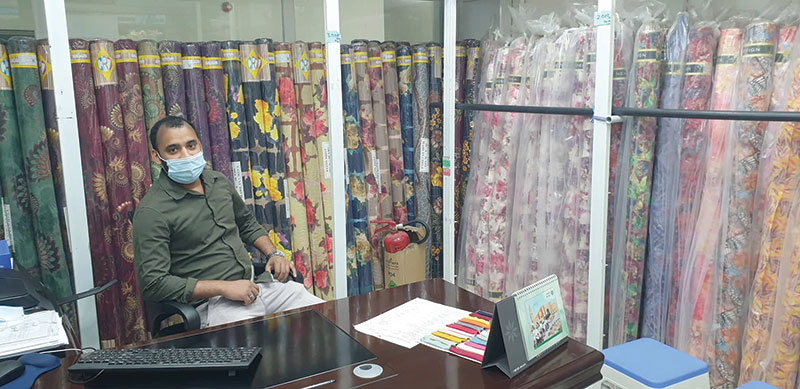
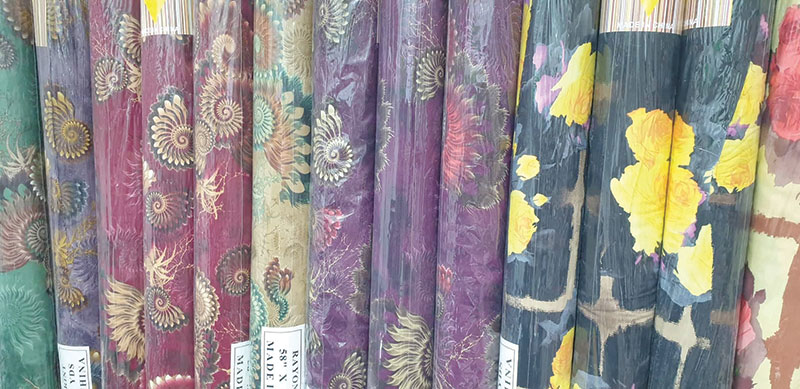
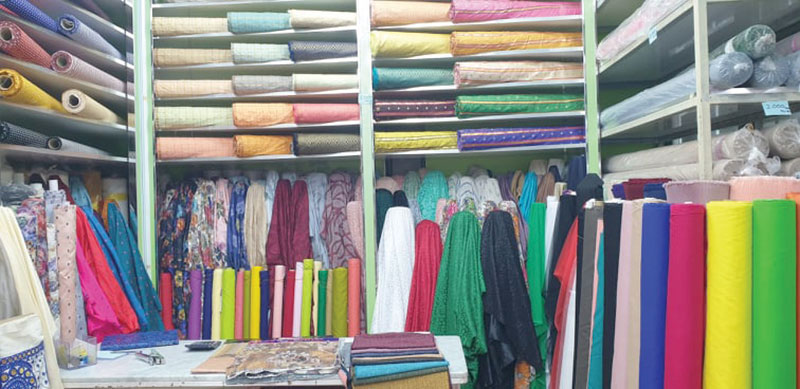
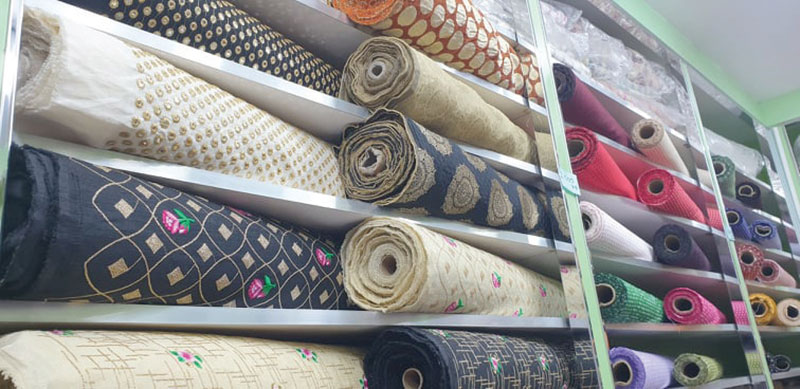
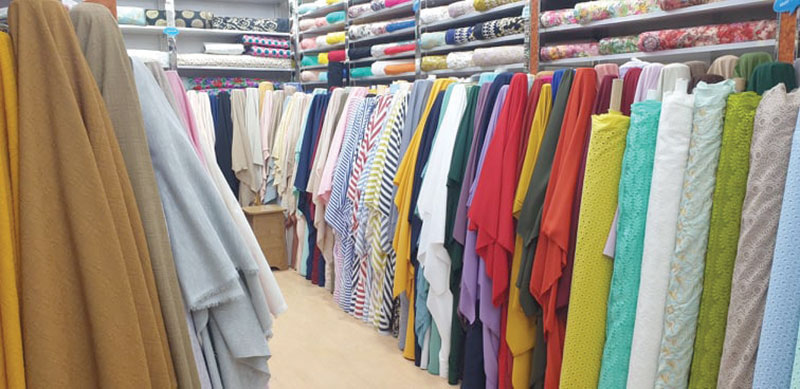
When the textile company was set up and everything went as planned, he opened several tailoring shops to complement his fabric business. Most of his fabrics are imported from China, India, Japan and South Korea. Malik’s company became famous, and he operated up to 22 stores at the height of the business. His products include cotton yarns, polyester and cotton blended yarns, silk, cotton, soy protein, polyester and nylon.
“We select only the best fabrics - that is why people trust us. My marketing in-charge is paid a handsome salary to buy products from various countries. He also earns commission and goes around the world, mostly China, to buy new and modern textile products for the business,” Malik added.
After his business became well established, he started getting orders from India and the UAE. The upward trend continued until the end of 2015. “By 2016, the overall business climate gradually declined because of unstable oil prices and other financial troubles around the world. So even before the pandemic, we experienced a slump in business. It was already going down, but the massive impact was felt of course from 2020 till now. Hopefully by next year, we will recover, as I think we’ve reached the lowest point already,” Malik told Kuwait Times.
The textile sector in Kuwait is small compared to other countries in the Middle East, but it has massive potential for growth, according to Malik. Before the pandemic, Malik had around 60 people working in his six companies, but now he only has 20 employees. “During the pandemic I let go of many employees as part of cost-cutting measures. For more than six months I had no income. My savings were depleted as I continued paying my workers. I also had to pay the rent for my shops - during the lockdown, the owners of real estate companies waived the rent for only three months. The remaining months I paid in full,” he said.
Malik is still picking up the pieces. “The shops are getting customers, but not as much as those prior to the pandemic. We are slowly recovering. I think the market will only accelerate in 2023,” he said.

